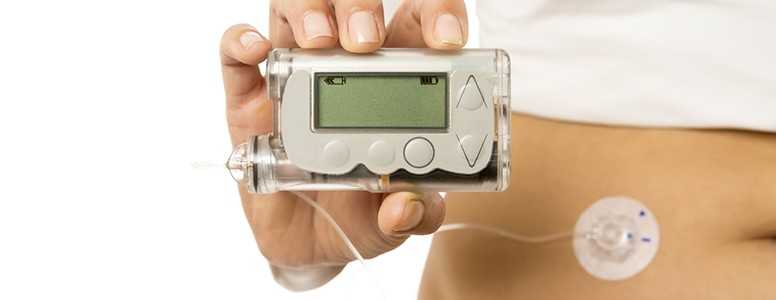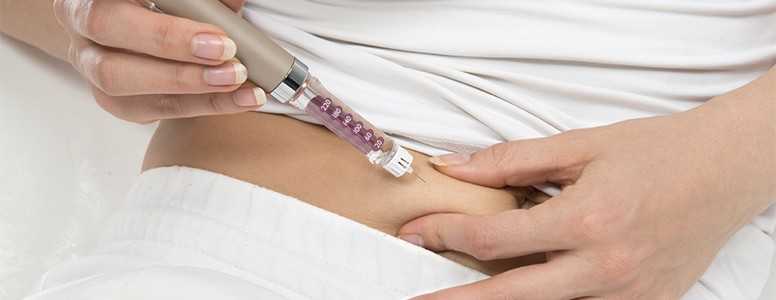The Insulin Pump Network has been relaunched to improve access to insulin pumps for people with diabetes across the UK.
The original Insulin Pump Network was launched in 2012 under NHS Diabetes, but it folded shortly after the organisation closed in 2013.
The relaunch, which is being supported by the Association of British Clinical Diabetologists (ABCD), was marked with the inaugural meeting which was held in Manchester’s Renaissance Hotel. It brought together consultants, nurse specialists and dieticians involved or interested in insulin pump therapy.
Lesley Jorda, chief executive of INPUT Patient Advocacy, said: “It was a hugely popular event and I believe there were about 40 people on the waiting list who wanted to attend but couldn’t because the day was oversubscribed.
“There was some variation in the room on answers to ways to do things but most clinics in attendance were managing to get people onto pumps within three months of deciding their patient needed one which was hugely positive.”
Lesley said the day also included information about other forms of technology, such as continuous glucose monitoring (CGM) downloads.
“There’s so much you can get from a download instead of a notepad, even if the person with diabetes isn’t using CGM.”
The 2015 National Insulin Pump Audit data was also a topic of discussion. Lesley said the main consensus was that the findings were not fully “representative” because only 44 of the 183 NHS clinical centres offering pump services in the UK responded.
The event included a technology overview; a guide to effective pump therapy; and presentations on the Repose and closed loop in pregnancy trial outcomes. Participants were also given the opportunity to discuss some of the challenges healthcare professionals face in pump services.
Lesley added: “I was delighted to see so many healthcare professionals who embrace technology to help manage type 1 diabetes. INPUT hopes to work closely with the network to see pumps, CGM and hybrid closed loops become a routine part of diabetes care.”
What's new on the forum? ⭐️
Get our free newsletters
Stay up to date with the latest news, research and breakthroughs.






